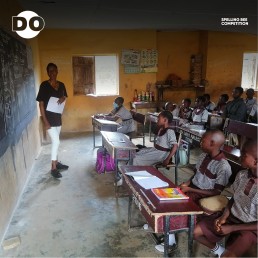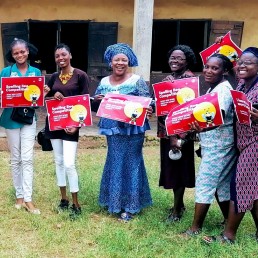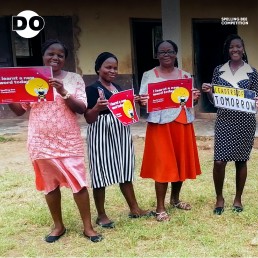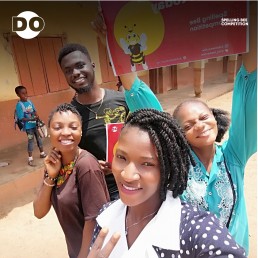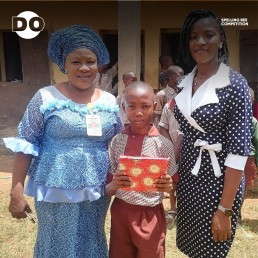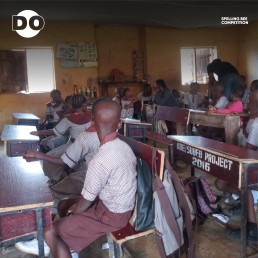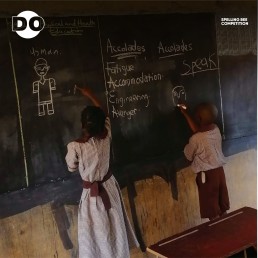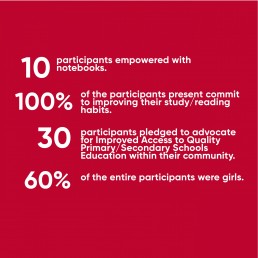THE NEED
Remember, Akeelah and the Bee?
(If you haven’t seen the movie, you are not from Earth)
The way the protagonist grew in character and learning as she went through different stages of the competition is a clear reflection of the importance of spelling.
Growing up, we had dictation sessions, where a teacher would dictate big words to students, and award marks to those that got the right spelling. Such activity encouraged us to read more, to walk around with a pocket dictionary so we could check the spelling and meaning of any new word we encountered.
Over the years, dictation classes have translated to the Spelling Bee competition; a competition in which contestants are asked to spell a broad selection of words, usually with a varying degree of difficulty.
One would think that Spelling Bees will only help school children with spelling, however, its benefits far exceed that.
Spelling bees enhance literacy by giving students a positive objective to work toward and a platform to show off the results of their efforts. However, they accomplish much more than that: in addition to spelling, the bees help children understand concepts, improve comprehension, and build study skills. Because children are expected to spell words on stage, they learn self-confidence, communication and public speaking skills, as well as the capacity to thrive under pressure.
Spelling Bees is a good intervention to redress the growing illiteracy rate among young adults in Nigeria. According to a World Bank report, just about 20% of young Nigerian adults who have completed primary school can read. Given its somewhat high per capita income, Nigeria has a lower than expected level of educational performance. Overall, the literacy rate in Nigeria in 2018 was 62.02 percent, way below Zambia, Kenya Congo, Ghana, Bangladesh etc.
25-year-old Oluwaseun Aribisogan, a Data Analyst based in Osun state who is passionate about making a positive impact, especially in the lives of children, saw the sad literacy rate in Nigeria and decided to do something about it.
She set out to organise a Spelling Bee competition in a Community Primary school. The project entailed the following activities:
- A presentation on the importance of learning new words; their spelling, definition and usage
- A Spelling Bee competition to test students vocabulary
- Presentation of gifts to winners of the competition
In the course of the project, a minimum of 10 participants was empowered with notebooks. 100% of the participants present to commit to improving their study/reading habits. A minimum of 30 participants pledged to advocate for Improved Access to Quality Primary/Secondary Schools Education within their community.
Oluwaseun Aribisogan has done her bit in improving the lives of school children in her community. What are you doing for the change you want to see?
If you enjoyed the story and would like to read more stories like this, sign up for our monthly newsletter to get notified of new stories.
Also, do well to follow our social media handles for more engaging and entertaining content on issues that affect YOU.

